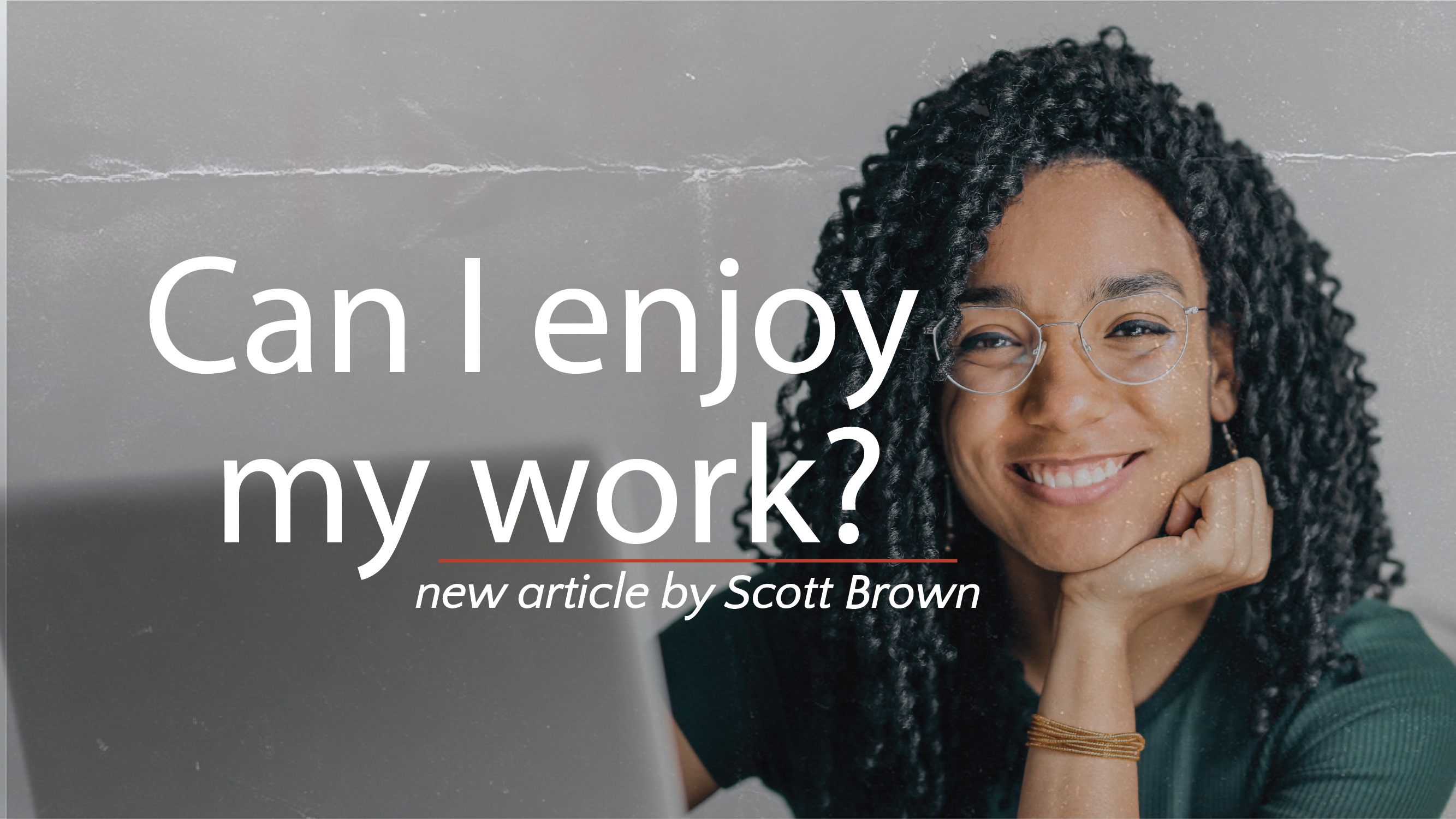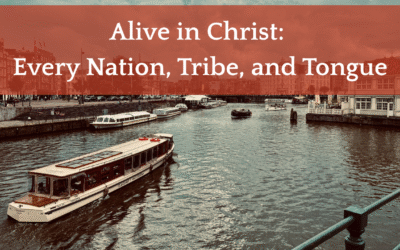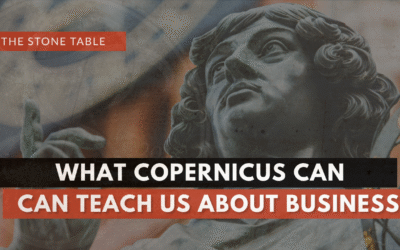Can I Enjoy My Work?

Work, Money, and Workism
A Christian’s relationship to work and money can often be a tense one. Some teachers attempt to look at money as evil in & of itself, while others tell you that it is the absolute crux of the Gospel.
Work is inherently connected to money, which means our theology of work is inherently connected to our theology of money. However, we don’t often get a lot of teaching on the vitality of work or its connection to our income; so, we may ask ourselves, can I enjoy my work as a Christian?
As I wrote a few weeks ago in my article “Workism in Ecclesiastes”, there is much to rejoice in when it comes to our work. While the folding doctrine of workism is to be constantly resisted, we can still find joy in what we do without getting consumed by it.
God gave us work (Genesis 2:15) and the power to get wealth (Deuteronomy 8:18). These points allude to the fact that God did not create either one as “secular” or “evil”. So, today we will look at the relationship of God to work and what it takes to find fulfillment in your work – no matter your income.
Workism in Ecclesiastes Part II
Interestingly, while “workism” was not a word used in the Old Testament times, it is condemned in Ecclesiastes. Solomon writes,
“(22) What has a man from all the toil and striving of heart with which he toils beneath the sun? (23) For all his days are full of sorrow, and his work is a vexation. Even in the night his heart does not rest. This also is vanity.” (Ecclesiastes 2:22-23, ESV).
Solomon had an unredeemed vision of work. He saw work in its incomplete and not-yet-repurposed form – a still broken, empty, and toilsome labor that God had given man to do (Ecclesiastes 3:10). Some translations even write of this work as a “burden” from God to man (NIV, NLT). Again, while workism itself is a modern term, the concept is far from new – something Solomon would also agree with (Ecclesiastes 1:9).
More importantly, though, Solomon recognized something about God’s relationship to work. He wrote,
“There is nothing better for a person than that he should eat and drink and find enjoyment in his toil. This also, I saw, is from the hand of God…” (2:24).
Even Solomon saw that there was joy to be found in work – something that God had created. Yet, more so, he wrote how this was possible in the next verse:
“… for apart from him [God] who can eat or who can have enjoyment?” (2:25, brackets mine).
Solomon, of all people, saw that the joy found in work was actually found in God, not in the work itself. It is God that gives us joy in work, and it is God that drives us from the subjugation of workism to the fulfillment of Kingdom labor. Hallelujah.
Redeeming Workism
Workism distorts God’s redeemed intention for work. As a result of the Fall in Genesis 3, man was to labor greatly over the earth and to sweat & battle his way through the workday. Sometimes it still feels like this, even for me!
Yet, as Solomon stated, without God there was no true enjoyment in life (2:25), for even our enjoyment of life is a gift from God to us. Therefore, we find that God’s gift of joy in work comes not from working more or finding the right job, but it comes from a right relationship with Him. That’s our root.
Without that root, work becomes the Genesis 3 toil; just as Solomon says. Yet it pleased God to redeem even our work, something that He cursed after the Fall, and to restore us to a fulfilling role in His great narrative from creation to restoration. Thus, workism is redeemed through a right relationship with God.
However, I must clarify this: not seeing the joy in your work does not mean you are not in right standing with God. There are many factors that play into this and there are several helpful Scriptures that I visit in this article that may help to reset your perspective on work and the joy in it.
It is through Christ that we have redemption of life, purpose, and work. God has now, through Him, gifted us to be walking in the freedom that comes with that redemption, which even means enjoying our labor when we focus on Christ (Colossians 3:17, 23-24).
Moving Forward Without Workism
At the end of the day, we’re still asking “can I enjoy my work?”. The answer is unequivocally “Yes.” God has redeemed us from the Fall through faith in Jesus Christ and has therefore re-established the order of our work. In God’s created plan, we are now free to enjoy our work, to find fulfillment in our work, and to work as part of God’s greater plan for humanity.
We must continue to press into the heart of God to find our purpose in work, knowing that workism is only a few degrees off from redemption; but when we set our sights on things above, workism tends to fall to the wayside.
I’m grateful that God has redeemed my work. I don’t have to fit a religious mold to be used by God and I don’t have to sell all my possessions to follow Jesus. I can work, provide for my family, and seek greater aspirations with the creative inspiration of God.
God never wanted work to be toil – He created it to be good as part of His original plan. Humanity has simply spent most of its creation standing in opposition to God, finding ways to idolize their work, and following their passions for workism through many different avenues. Yet, in His great mercy, God has given us the road to redemption in all areas of our life, including work.
It is through Christ we find freedom from workism and freedom to work for good. As we do so, we may even find ourselves being stirred more & more to take greater part in what God is doing in His story of creation to restoration.
Closing Thoughts: The Great Story
Erik Cooper speaks about a concept that I’m still diving into called “The Great Story”. What this is at a very basic level is God’s ultimate, overarching narrative that extends from Genesis 1 to the new heavens & new earth of Revelation 21. As he shares in his video, we as people don’t invite God into our story, but God invites us into His; and it’s through this invitation & acceptance that we receive a redeemed perspective on work, not treating ourselves as the hero (workism) but rather treating God as the source, sole center, and ultimate storybook hero of it all. That’s what it means to be a part of that Great Story.
As we do things like support missionaries, fund business as missions (BAM) organizations, and reach out to our neighbors or marketplace networks with the Gospel, we are taking part in what God is doing in the greater narrative of His creation.
To find out more about what your own story’s role is within God’s greater story, check out Erik’s new book Missional Marketplace.







